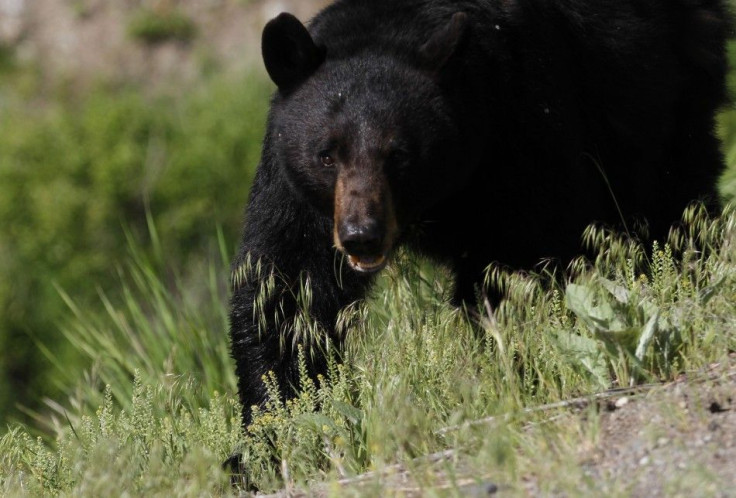Hibernating Bears Heal Without Scars or Infection

Hibernating black bears heal without scars or infections despite having a reduced body temperature, heart rate and metabolism, according to new research. The findings could help researchers improve the treatment of slow-healing and infection prone wounds, such as the ones found in the elderly and diabetics.
Researchers from the Minnesota Department of Natural Resources and the Universities of Minnesota and Wyoming tracked nearly 1,000 black bears over 25 years in order to study their health and behavior. Researchers identify several bears each year that had infected wounds from hunters, bears, or other predators in the early winter, according to the study.
Yet typically, when we revisited bears in their dens a few months later, most wounds had completely resolved whether or not we [cleaned them], sutured the areas or administered antibiotics, the authors wrote.
In order to test how well black bears heal, researchers made small incisions in 14 bears during early hibernation and tracked how well the cuts healed over the next several months. When the bears emerged from hibernation, there was little to no scarring and no signs of infection in the wounds, according to the study. Damaged skin and hair regrew as well.
It seems so surprising to us that their wounds would heal so well and so completely when they're hibernating and their metabolism is slowed down, David Garshelis, co-author of the study and Bear Project leader at the Minnesota Department of Natural Resources, told BBC Nature.
Black bear's body temperature drops by 13 degrees Fahrenheit (7 degrees Celsius) during hibernation, according to ScienceNow. A lower body temperature in humans hinders wound-healing greatly, according to the study.
Bears only take one or two breaths per minute during hibernation and their heart rate drops to about four beats per minute, both of which would inhibit wound healing in humans as well.
Researchers aren't exactly sure how bears are able to heal so well, but further study could have applications in human medicine, especially in diabetes, researchers wrote.
If we can work out how the bears heal, we hope there'll be potential to translate this research to [studies of] human healing, Garshelis told BBC Nature.
Wounds in people with diabetes heal very slowly due to poor circulation, nerve damage and other immune system issues, according to Harvard Health Publications. Poor circulation limits the amount of oxygen that can reach a wound, nerve damage may make it harder to notice wounds, and immune system issues makes it harder to fight off infections and heal.
Integrative Zoology published the study online on March 7.
© Copyright IBTimes 2024. All rights reserved.





















